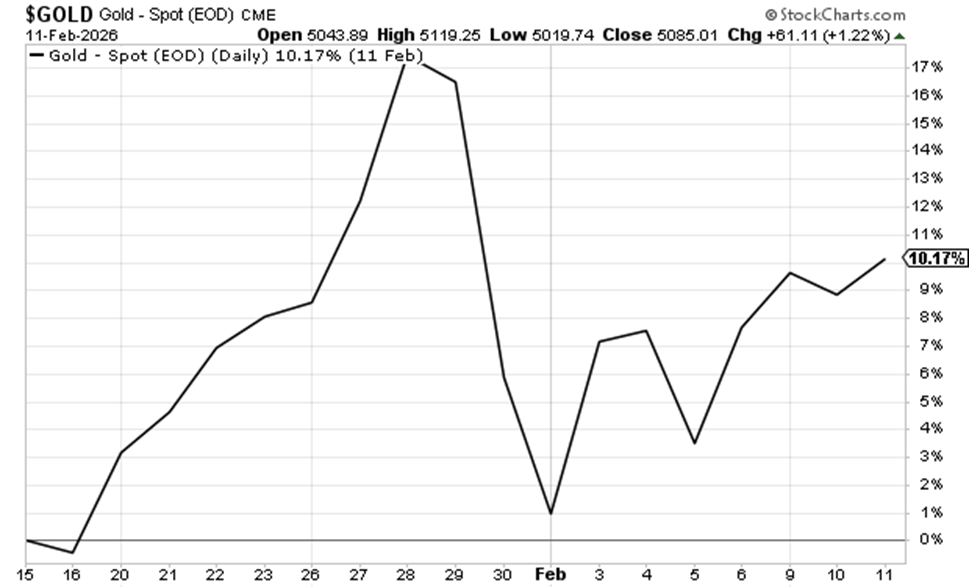Microsoft’s Stock Struggles Amid AI Investments: An In-Depth Look
Redmond, Washington-based Microsoft Corporation (MSFT) is a major player in the computer industry, known for developing software, services, devices, and solutions. With a market cap of $3 trillion, Microsoft provides applications, cloud storage, and advanced security solutions to customers worldwide.
Stock Performance Lags Behind Market
Over the past year, Microsoft shares have lagged behind the broader market. The stock has decreased by 1%, while the S&P 500 Index ($SPX) has climbed approximately 20.6%. Year-to-date (YTD) figures reveal MSFT down 2.8%, contrasting with the SPX’s 2.5% increase.
Comparison with Sector Performance
When compared to the Technology Select Sector SPDR Fund (XLK), Microsoft’s underperformance appears less severe. This exchange-traded fund has enjoyed a gain of about 13.9% over the last year, with its YTD performance showing modest gains compared to MSFT’s single-digit losses.
Challenges Linked to AI Investments
The decline in Microsoft stocks is largely due to its significant investments in artificial intelligence (AI) infrastructure, which have yet to yield expected revenue growth. Microsoft has spent heavily on AI, including a $14 billion investment in OpenAI. However, recent results indicated a drop in revenue and profit growth to their lowest in several quarters. Additionally, challenges like increased depreciation costs from AI investments and unmet demand have affected profitability. The rise of competitors like DeepSeek, which can develop AI models at lower costs, has also negatively impacted Microsoft shares.
Quarterly Results and Analyst Sentiment
On January 29, MSFT reported its Q2 results, leading to a more than 6% drop in shares during the following trading session. The company posted earnings per share (EPS) of $3.23, exceeding Wall Street’s expectation of $3.11. Revenue reached $69.6 billion, surpassing forecasts of $68.7 billion.
For the current fiscal year ending in June, analysts predict a 10.8% growth in EPS to $13.07 on a diluted basis. Microsoft’s earnings history is notable, having beaten consensus estimates in each of the last four quarters.
Analyst Ratings on MSFT
Among the 42 analysts covering MSFT stock, the consensus rating is a “Strong Buy.” This is based on 35 “Strong Buy” ratings, four “Moderate Buys,” and three “Holds.” Recent data shows a positive trend; just a month ago, 34 analysts provided a “Strong Buy” recommendation.
On February 3, analyst Gregg Moskowitz from Mizuho Financial Group, Inc. (MFG) maintained a “Buy” rating on MSFT but adjusted the price target to $500, suggesting a potential upside of 22% from current levels. The average price target of $510.35 indicates a 24.6% premium to the current MSFT price, while the highest target of $600 hints at a remarkable upside potential of 46.4%.
On the date of publication, Neha Panjwani did not hold positions in any of the securities mentioned in this article. All information and data in this article are for informational purposes only. For more information, please view the Barchart Disclosure Policy here.
More news from Barchart
The views and opinions expressed herein are those of the author and do not necessarily reflect those of Nasdaq, Inc.






